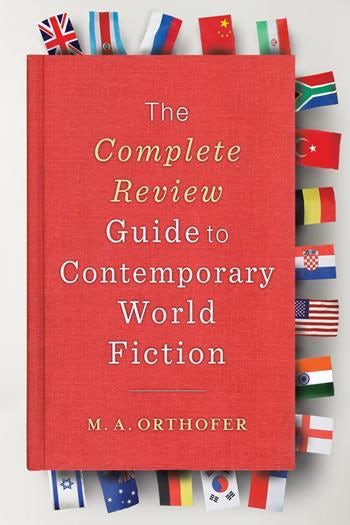Jun Morikawa — Whaling in Japan
This week in a conference in Morocco nations will consider whether to sanction commercial whale hunts for the first time in twenty-five years. According to an AP report, this would provide a compromise to fix a fractured regulatory system in which a handful of whaling nations currently operate under a complex set of exemptions.
Japan of course is the nation most vehement in its objections to ending whale hunting. The Japanese government often cites whaling’s importance to regional fishing communities and to national culinary traditions. The AP quotes Jun Morikawa, author of Whaling in Japan: Power, Politics, and Diplomacy, “many within Japan feel making any concessions on whaling is giving in to foreign pressure.”
Jun Morikawa, a professor at Rakuno Gakuen University in Sapporo, is one of few Japanese to have openly challenged the belief that whale consumption is an important part of the country’s cultural heritage. Not surprisingly, he has recently been interviewed for several articles examining the controversy about whaling. In The Faster Times, Morikawa contends that despite what the Japanese government suggests, “Japanese consumers generally don’t like whale. They don’t buy it. And they don’t eat it.”
In The Global Post, Morikawa argues that the whaling industry and bureaucrats have worked together to protect and promote whaling in Japan:
Japan’s whaling policy is determined, executed and assessed by a small governing elite. The whaling industry is not financially viable. Its job is to spread pro-whaling propaganda and manipulate public opinion so that people think that eating whale meat is part of our national culture.
To read portions of Whaling in Japan: Power, Politics, and Diplomacy.


